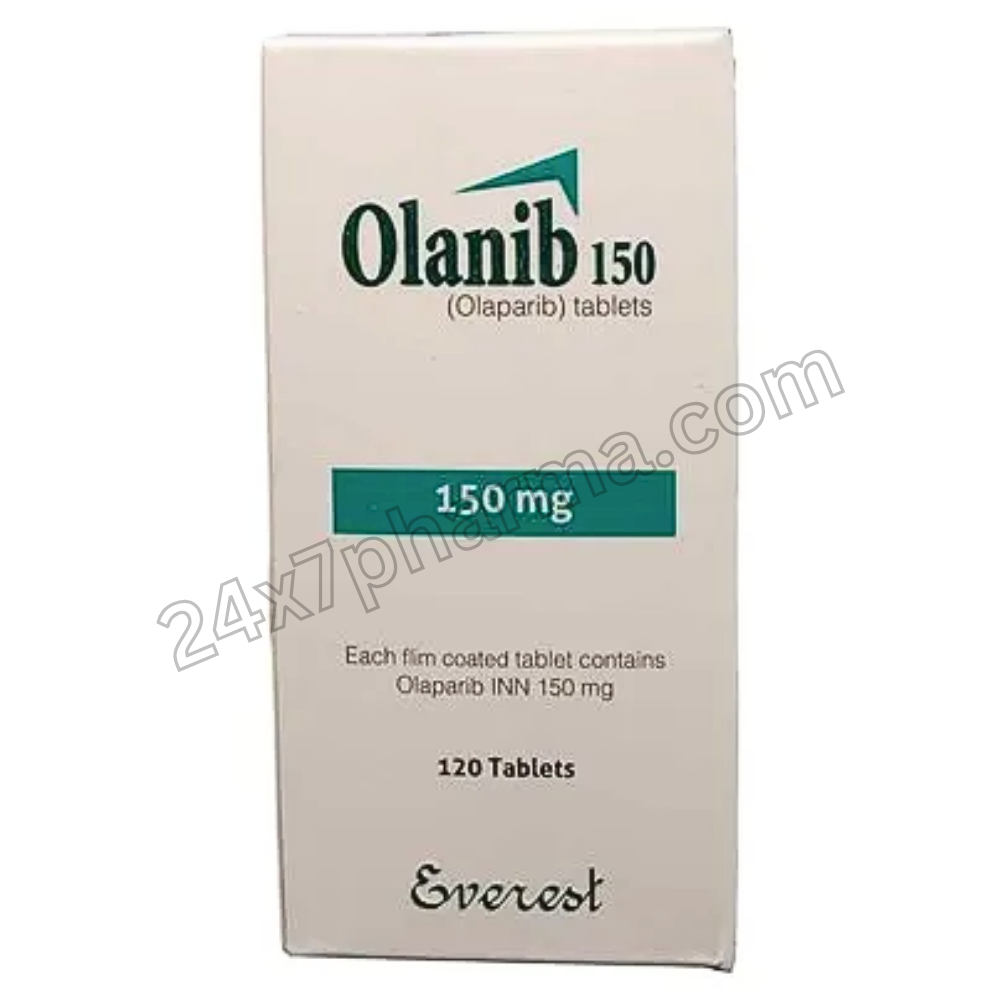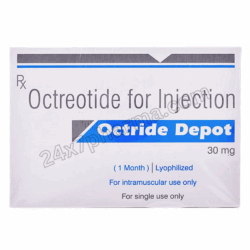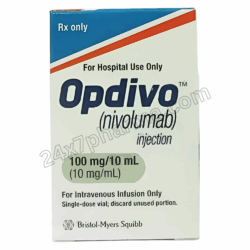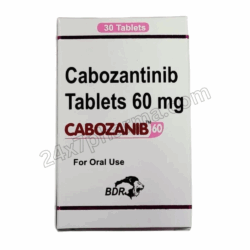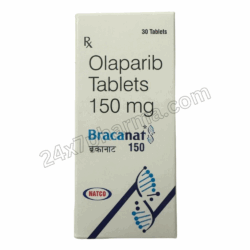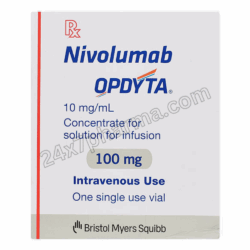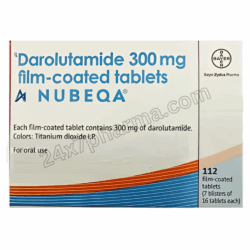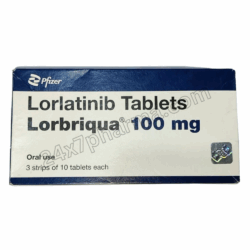About Olanib 150mg Tablet
Olanib 150mg Tablet is a pharmaceutical product used in the treatment of certain types of cancer. This medication belongs to a class of drugs known as poly (ADP-ribose) polymerase (PARP) inhibitors. Olaparib is the active ingredient in Olanib, and it works by interfering with the ability of cancer cells to repair their DNA. This can help slow down or stop the growth of cancer cells, particularly in patients with specific genetic mutations.
Uses Of Olanib 150mg Tablet
- Ovarian cancer
- Breast cancer
- Pancreatic cancer
- Prostate cancer
Benefits Of Olanib 150mg Tablet
In Ovarian cancer
Olanib 150mg Tablet is used in the treatment of advanced ovarian cancer. It is especially effective in patients who have specific genetic mutations, such as BRCA1 or BRCA2 mutations. Olanib 150mg Tablet can be prescribed as maintenance therapy after the patient has responded to initial platinum-based chemotherapy. It helps to prevent or delay the recurrence of ovarian cancer in these cases.
In Breast cancer
Olanib 150mg Tablet is also employed in the treatment of metastatic breast cancer in patients with BRCA mutations. It can be used when other treatments have not been effective or when the patient has specific genetic mutations that make them responsive to PARP inhibitors like olaparib.
In Pancreatic cancer
In certain cases of metastatic pancreatic cancer where there are germline BRCA-mutations, Olanib 150mg Tablet may be used as a treatment option. It can help slow the progression of the disease and improve the patient’s outcome.
In Prostate cancer
Olanib 150mg Tablet is sometimes used in metastatic castration-resistant prostate cancer (mCRPC) with certain DNA repair gene mutations. It may be part of the treatment plan for these patients.
Side Effects Of Olanib 150mg Tablet
Olanib 150mg Tablet, like many medications, can cause side effects in some patients. It’s important to note that not everyone will experience these side effects, and their severity can vary from person to person.
Common side effects of Olanib
- Nausea
- Vomiting
- Fatigue
- Anemia
- Diarrhea
- Headache
- Loss of Appetite
- Dizziness
- Rash
- Changes in Liver Function
- Respiratory Infections
- Muscle or Joint Pain
- Low Platelet Count
Dosage And Administration
The dosage of Olanib 150mg Tablet and the treatment regimen are determined by a healthcare professional based on the patient’s specific condition. Olanib 150mg Tablet is usually taken orally in tablet form, with or without food, as directed by the prescribing healthcare provider. It should be swallowed whole with a glass of water and not crushed or chewed unless instructed otherwise by a healthcare professional.
Precautions
Patients taking Olanib 150mg Tablet should be aware of the following precautions:
- Olanib 150mg Tablet should only be used under the guidance and prescription of a qualified healthcare provider.
- Patients should inform their healthcare provider about all medications and medical conditions they have before starting Olanib 150mg Tablet treatment.
- Regular monitoring and follow-up appointments may be necessary to assess treatment effectiveness and manage potential side effects.
- Like all medications, Olanib 150mg Tablet can have side effects, so patients should report any adverse reactions to their healthcare provider promptly.
- It’s important to follow all safety guidelines and recommendations provided by the prescribing healthcare professional during the course of treatment.

